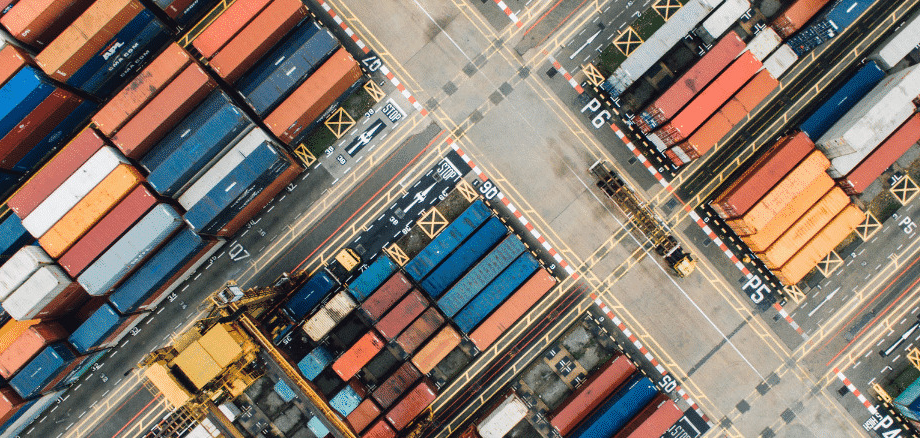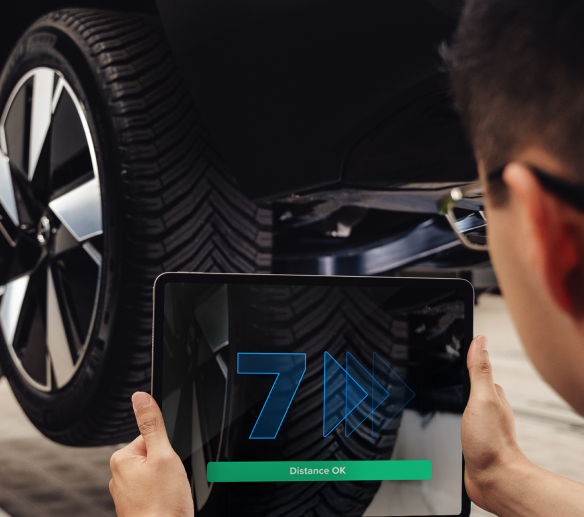
Alcohol Shipping Laws: How To Properly Deliver Liquors And Verify Recipient IDs
Home delivery of alcohol has grown over the last two years due to the ease and convenience it offers. Having alcohol delivered to a doorstep makes it easy to enjoy those drinks, responsibly, in the comfort of the consumer’s home.
However, there are legal restrictions and requirements on delivering alcohol that must be followed. In this blog we will look at the following questions about alcohol shipping laws:
Jump to key topics
Jump to key topics

1. What does the usual process look like?
Using most food delivery apps, purchasing alcohol is easy enough, with the consumer simply searching for their product, clicking on what they desire, and placing the order. After processing the order, it then gets picked up and delivered using last mile delivery.
But the delivery driver is faced with some complications in this process. That may include ensuring they are delivering within legal boundaries. That may mean the delivery driver has to check IDs before giving the product to the customer.
2. What are the different alcohol shipping laws?
The legal age for alcohol consumption differs in various countries and regions.. In the U.S., MLDA governs this, and only those over the age of 21 can purchase alcohol. Meanwhile in Canada, the minimum legal drinking age is 18 years of age in Alberta, Manitoba, and Quebec, and 19 years in the rest of the Canadian provinces and territories
In Europe, the legal age is typically 18, though this varies between 16 and 20 years of age in some countries depending on the type of alcohol. Nearly all countries have some restrictions.
Considering this, how do these rules apply to home delivery? One study shows, 72 of 77 jurisdictions in 6 English-speaking OECD countries (United States, Canada, United Kingdom, Ireland, Australia, and New Zealand) permit online alcohol sales and home delivery. In them, some require verification of age at the time of purchase, but nearly all require it at the time of delivery.
3. What are the consequences of not checking IDs during deliveries?
Who is likely to be held accountable if alcohol is delivered to an underage customer because the driver does not check the ID due to stress or simply inattentiveness?
The alcohol sell may be held liable for providing alcohol to those under age. It’s also possible the driver will be personally responsible as well. Some countries may also fine the last mile delivery company for this type of result as well, even if it was the delivery person who made the decision not to check identification.
Additionally, handing alcohol illegally to a person under the legal drinking age may also harm the company’s brand, reflecting negatively on the company’s image. No delivery company wants to be associated with delivery services that are sloppy and illegal.
3. Which technology can help?
New technology is helping to alleviate this problem including for last mile delivery services delivering alcohol. AI-based technology called Optical Character Recognition (OCR) allows last mile delivery professionals to scan the customer’s ID quickly and accurately in seconds. That may include a driver’s license, passport, or other types of formal identification. It can be incorporated into a Bring Your Own Device (BYOD) policy within the company, allowing the driver to simply scan the ID using a smartphone’s camera. This information is scanned offline, without needing to connect to any third parties – keeping the data safe, and ensuring the delivery person can verify the document safely, and in milliseconds.
OCR technology including Anyline’s Mobile ID Scanning is a secure, quick, and accurate data collection method for last mile delivery services. With this data in hand, it’s impossible to be held accountable for underage customer alcohol consumption.
4. How can Anyline be integrated?
Anyline uses Android, UWP, or iOS smartphones to allow drivers to scan identification. This inexpensive method of using smartphones also eliminates the need for training since most people already know how to use it.
The Anyline SDK integrates easily. There’s a customer service team to help when needed. More so, it supports common integration frameworks including Zamarin, React Native and Cordova.

